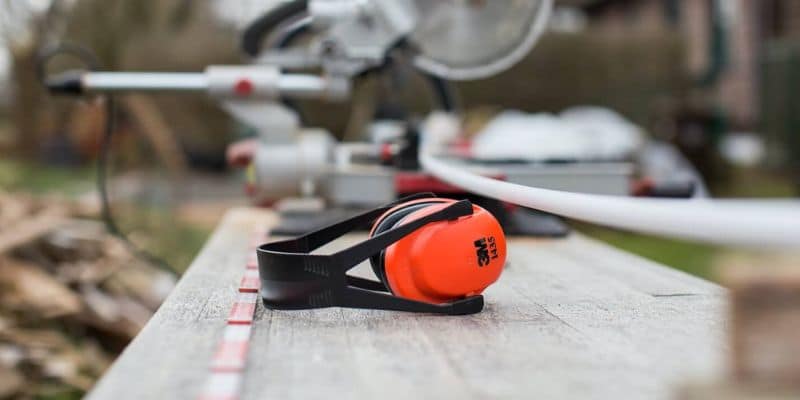Industrial Hearing Screening
Hearing Damage and Noise Exposure
Long-term exposure to loud noise can lead to significant hearing damage, a common risk for industrial workers and those in occupations with repeated loud noise exposure. However, this damage is entirely preventable when the right measures are taken early on. Regular hearing tests to detect early signs of hearing loss, combined with everyday precautions like using earplugs, can greatly reduce the risk of permanent hearing damage.
Industrial Hearing Test Requirements
Organizations such as the Occupational Safety and Health Administration (OSHA) and the Department of Defense have established hearing conservation standards to protect workers from preventable hearing damage. Some states also enforce additional guidelines.
OSHA mandates that employees exposed to a time-weighted average (TWA) of 85 dB or more must participate in a hearing conservation program. These programs typically include regular hearing tests, employee training, and detailed reporting by employers. The official standards are outlined in OSHA CFR 29 1910.95and MSHA Part 62.

Industrial Hearing Conservation Programs
To meet these requirements, companies may choose to implement their own programs or hire professional hearing conservation services. Many businesses opt for third-party providers to ensure compliance, maintain records, and meet safety goals.
Failing to adhere to testing or reporting regulations can result in costly fines and legal issues, making professional oversight a worthwhile investment.
Mobile Hearing Evaluation Services
Most hearing conservation companies operate mobile units staffed by certified professionals, such as Occupational Hearing Conservationists (OHCs) or hearing specialists. These units allow for on-site evaluations, ensuring minimal disruption to workplace operations.
OHC Certification
OHC technicians are certified by the Council for Accreditation in Occupational Hearing Conservation (CAOHC) and supervised by a hearing specialist or physician. They are trained specifically for occupational hearing procedures, such as pure-tone air conduction testing, but their expertise is limited to workplace settings and not applicable in non-occupational environments.
Education and Referrals
OHC technicians play a critical role in detecting early signs of hearing loss and providing employees with essential education. Their responsibilities include:
- Teaching employees how to properly fit and wear hearing protection devices
- Recommending customized hearing protection when necessary
- Referring employees with suspected hearing issues to specialists for further evaluation
While OHC technicians can conduct tests and provide basic education, they are not qualified to evaluate the effectiveness of a hearing conservation program or perform detailed noise surveys. For these tasks, companies must hire more specialized professionals to design and oversee programs tailored to their specific needs.
Maintaining a Safe Work Environment
Hearing evaluations are a crucial component of maintaining a safe and compliant industrial workplace. Employers must find hearing testing solutions that align with their operational requirements while ensuring the safety and well-being of their employees. With the right practices and professional support, companies can effectively prevent hearing damage and meet regulatory standards.
